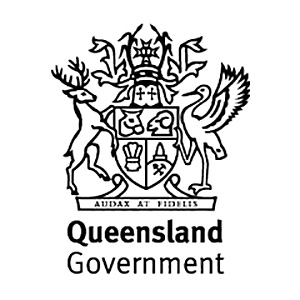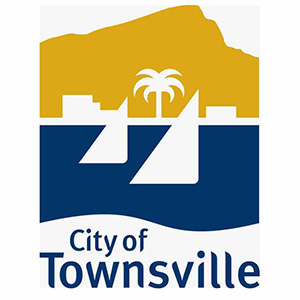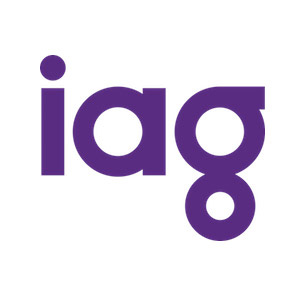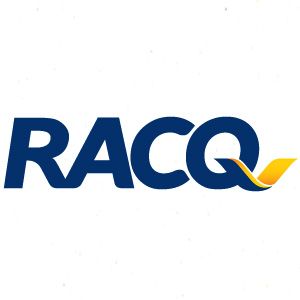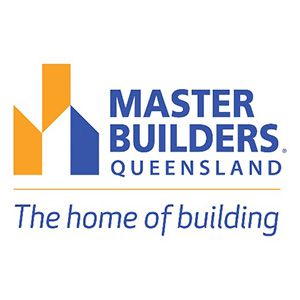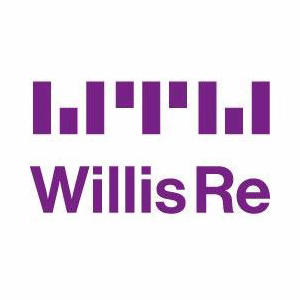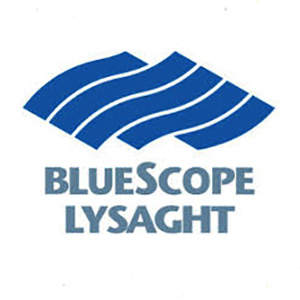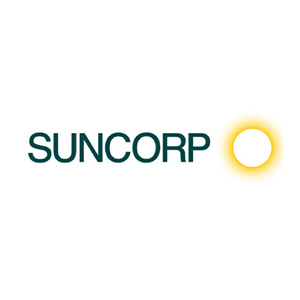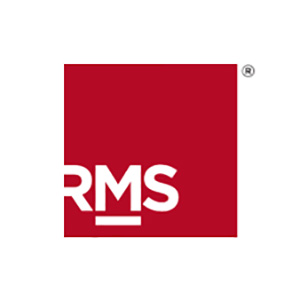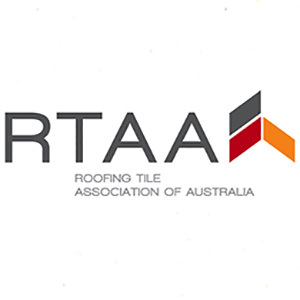Cyclone Testing Station About Us
About Us
- Future Students
- JCU Global Experience
- International Students
- Student experience
- Open Day
- How to apply
- Pathways to university
- Living on Campus
- Courses
- Publications
- Mature students
- Scholarships
- Entry options
- JCU Families
- JCU Heroes Programs
- Aboriginal and Torres Strait Islander in Marine Science
- Elite Athletes
- Defence
- AI@JCU
- AALL
- Current Students
- Student Ambassador Program
- New students
- JCU Orientation
- LearnJCU
- Placements
- EDQS
- Unicare Centre and Unicampus Kids
- Graduation
- Off-Campus Students
- JCU Job Ready
- Safety and Wellbeing
- JCU Prizes
- Professional Experience Placement
- Employability Edge
- Art of Academic Writing
- Art of Academic Editing
- Careers and Employability
- Student Equity and Wellbeing
- Career Ready Plan
- Careers at JCU
- Partners and Community
- Alumni
- International partnerships
- About JCU
- Reputation and Experience
- Chancellery
- Governance
- Celebrating 50 Years
- Academy
- Indigenous Engagement
- Education Division
- Graduate Research School
- Research Division
- Research and Innovation Services
- CASE
- College of Business, Law and Governance
- College of Healthcare Sciences
- College of Medicine and Dentistry
- College of Science and Engineering
- Anthropological Laboratory for Tropical Audiovisual Research (ALTAR)
- Anton Breinl Research Centre
- Agriculture Technology and Adoption Centre (AgTAC)
- Advanced Analytical Centre
- AMHHEC
- Aquaculture Solutions
- AMHRA
- JCU Digital Wellbeing Group
- ARCSTA
- Lions Marine Research Trust
- Australian Tropical Herbarium
- Australian Quantum & Classical Transport Physics Group
- Boating and Diving
- Clinical Psychedelic Research Lab
- Centre for Tropical Biosecurity
- Centre for Tropical Bioinformatics and Molecular Biology
- CITBA
- CMT
- Centre for Disaster Solutions
- CSTFA
- Cyclone Testing Station
- The Centre for Disaster Studies
- Daintree Rainforest Observatory
- Fletcherview
- JCU Eduquarium
- JCU Turtle Health Research
- MARF
- Orpheus
- TESS
- JCU Ideas Lab
- CNL
- TARL
- eResearch
- Indigenous Education and Research Centre
- Past Course and Subject Handbooks
- Estate
- Work Health and Safety
- Staff
- Discover Nature at JCU
- Cyber Security Hub
- Association of Australian University Secretaries
- Services and Resources Division
- Environmental Research Complex [ERC]
- Foundation for Australian Literary Studies
- Gender Equity at JCU
- Give to JCU
- Indigenous Legal Needs Project
- Inherent Requirements
- IsoTropics Lab
- IT Services
- JCU Webinars
- JCU Events
- JCU Motorsports
- JCU Sport
- Library
- Mabo Decision: 30 years on
- Marine Geophysics Laboratory
- Office of the Vice Chancellor and President
- Outstanding Alumni
- Policy
- PAHL
- Queensland Research Centre for Peripheral Vascular Disease
- Rapid Assessment Unit
- RDIM
- Researcher Development Portal
- Roderick Centre for Australian Literature and Creative Writing
- Contextual Science for Tropical Coastal Ecosystems
- State of the Tropics
- Strategic Procurement
- Student profiles
- SWIRLnet
- TREAD
- TropEco for Staff and Students
- TUDLab
- VAVS Home
- WHOCC for Vector-borne & NTDs
- Media
- Copyright and Terms of Use
- Australian Institute of Tropical Health & Medicine
- JCU Respect
- Pay review
The Cyclone Testing Station was founded in response to the destruction caused by cyclone Althea to Townsville in 1971 and cyclone Tracy to Darwin in 1974. The Station's strategic location in Townsville has enabled it to serve not only Australia and North Queensland but also most other cyclone prone regions throughout the world.
Our aim is to minimise the loss and suffering caused by cyclones and other high wind events. In addition to advising governments, manufacturers, and property owners, we also deliver first class academic research. We have a strong team at the forefront of wind research. Our team is dedicated to:
- Assisting in the development of effective building practices.
- Improving safety in high wind events including cyclones.
- Mitigating risk and reduce costs resulting from wind damage.
Our Vision
To be the pre-eminent, independent research and testing authority on the performance of buildings and infrastructure in response to cyclones and other wind events in Australia and the surrounding region.
The damage and devastation caused by severe wind events poses a real danger for communities in Australia and worldwide. We investigate wind events and conduct research to ensure that buildings are designed to resist severe wind events in a safe, economical and sustainable way.
The History of the Station
In the mid 1970s, Professor Hugh Trollope AO, then Professor of Civil Engineering at James Cook University, and Mr Theo Wilkinson, then Managing Director of Monier Colourtile, recognised the need for the establishment of a small research unit to investigate the effects of wind on low rise buildings. It was obvious after cyclone Tracy devastated Darwin that there was not an adequate source of practical information on the likely performance on houses subject to severe wind forces, nor on ways of preventing future wind damage. They decided to overcome this by establishing a unit at JCU to research these problems. The university had just built a wind tunnel and had established an international reputation for work in wind engineering.
James Cook Cyclone Structural Testing Station commenced operations on 1 November 1977 with the appointment of Mr Greg Reardon as Technical Director. It was established to fill a need in the building industry for a specialised research unit to concentrate on wind effects on low rise buildings, and to provide industry with an independent centre for the testing of building products and the development of testing techniques. Its charter is not restricted to cyclone winds.
In 2002, the Station was renamed as the Cyclone Testing Station to better represent the large range of products it tests and the industry it serves.
The Station now operates as a unit within the School of Engineering at James Cook University, Townsville. While the Station relies on the JCU School of Engineering for accommodation and use of structural engineering facilities it is otherwise self funding. The station is guided by a management committee drawn from a mix of industry, government, research and professionals from around Australia. This unique situation allows the Station to follow its research objectives and to provide independent expert advice to clients.
